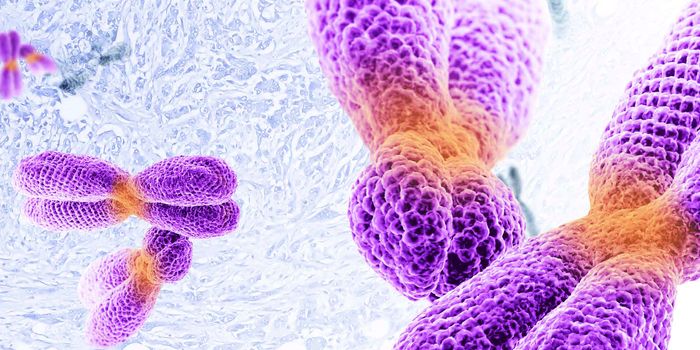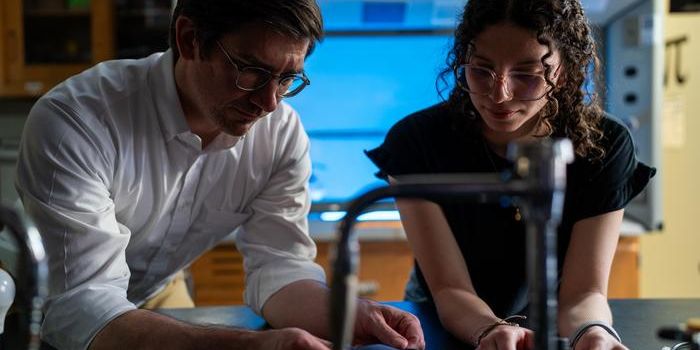Glowing Chemical Reactions Could Put an End to Bad COVID Tests
Advancements in diagnostic technologies are paving the way for the next generation of ultra-sensitive serological tests — capable of making routine blood tests faster, cheaper, and more accurate than ever before. A collaborative study between researchers at the University of Bologna, together with industry partners Roche and Hitachi, was recently published in Nature Communications, demonstrating the potential of this breakthrough.
Serological diagnostics work by detecting the presence of specific molecules, known as biomarkers, within a patient’s blood sample. Many immunoassays for COVID-19, for instance, indicate that an individual is infected by picking up antibodies against SARS-CoV-2 and, through a series of chemical reactions, create a quantifiable signal.
One such chemical reaction is a light-emitting mechanism called electrochemiluminescence, or ECL. ECL-based tests are excellent diagnostics as they generally have long shelf lives, can be read in under 20 minutes, and require only tiny volumes of a patient’s blood sample.
Though commonly used, these tests can sometimes fall short in terms of reliability; biomarkers need to reach a certain threshold concentration before they are detectable. The latest developments promise to change that, boosting the sensitivity of ECL-based serological tests by up to 128 percent. This means fewer false negatives and disease being caught at much earlier stages — the weakest link in many currently-available COVID tests.
To achieve this, the team identified a series of novel reactants and imaging techniques to amplify ECL signals and make ECL-based serological tests more efficient. Diagnostic biomarkers would not be limited to measuring levels of antibodies but would also encompass enzymes, proteins, peptides, and hormones, all of which could point to the presence of disease.
Lead researcher at the University of Bologna, Giovanni Valenti commented on the implications of this work, saying, "Our work represents something unprecedented in the field of ECL because it relies on the enhancement of the signal as opposed to the enhancement of the target as it usually happens with enzymatic methods or PCR (Polymerase Chain Reaction)."
"These results pave the way for the development of ultra-sensitive serological tests," Valenti added.
Sources: Technology Networks, Nature Communications.










